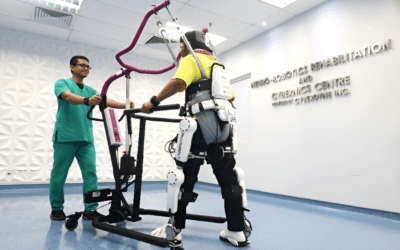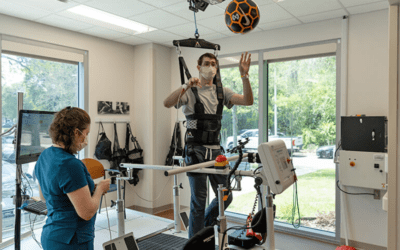Sports and Games act as powerful tools in preventing neurological disorders by fostering brain health, reducing risk factors like inflammation and stress, and encouraging lifelong cognitive engagement.
“So, how does playing sports and games prevent neurological disorders”

The Power of Play: How Sports and Games Protect Your Brain
Improved Brain Function and Plasticity
- Neuroplasticity refers to the brain’s ability to adapt and reorganize neural pathways. Physical activities like sports stimulate the production of growth factors, which enhance neuroplasticity, improving cognitive function and potentially delaying the onset of neurodegenerative diseases like Alzheimer’s and Parkinson’s.
- Memory and learning are particularly influenced by sports, which boost hippocampal function (the area of the brain responsible for memory).
Enhanced Blood Flow and Oxygenation
- Regular exercise improves cerebral blood flow, ensuring the brain receives adequate oxygen and nutrients. This reduces the risk of conditions like stroke and vascular dementia, which are linked to impaired circulation.
Reduction of Stress and Inflammation
- Chronic stress, Depression and inflammation are major contributors to neurological disorders. Physical activity, especially aerobic exercise, reduces levels of cortisol (the stress hormone) and triggers the release of endorphins, which enhance mood and reduce stress.
- Exercise also reduces neuro inflammation, protecting the brain from damage associated with neurological conditions like multiple sclerosis (MS) and dementia.
Mental Stimulation and Coordination

- Games, especially those requiring strategy or coordination (e.g., chess, tennis), help maintain cognitive agility and hand-eye coordination. Mentally stimulating activities build “cognitive reserve,” which protects the brain against age-related cognitive decline.
- Sports that require coordination, balance, and timing can improve motor skills and prevent neurodegenerative diseases that affect movement, such as Parkinson’s disease.
Neurogenesis – Sports and Games
- Certain types of physical exercise, like running, stimulate neurogenesis, or the production of new brain cells, particularly in the hippocampus. This can delay the progression of neurodegenerative diseases.
Mood Enhancement and Mental Health
- Depression and anxiety, which are linked to neurological disorders, can be mitigated by regular physical activity. Sports increase the production of serotonin and dopamine, neurotransmitters that help regulate mood, thus protecting against conditions like depression, which can contribute to cognitive decline.
Prevention of Cognitive Decline
- Regular participation in both physical and cognitive games helps to maintain cognitive function as we age. This is especially true for activities that challenge both the body and the brain, like dance or team sports, which engage memory, decision-making, and coordination.
Neurological Sports and Games that prevent Neuro Disorders

- Puzzle Games:
- Sudoku: Helps with logical thinking and pattern recognition.
- Crossword Puzzles: Enhances vocabulary and memory.
- Strategy Games:
- Chess: Improves strategic planning and problem-solving skills.
- Go: Encourages deep thinking and strategic planning.
- Memory Games:
- Memory Card Games (like Concentration): Enhances short-term memory and attention to detail.
- Lumosity: A brain training app with various memory and attention exercises.
- Board Games:
- Scrabble: Boosts language skills and cognitive abilities.
- Settlers of Catan: Involves strategic planning and resource management.
- Video Games:
- Brain Age: Designed to improve cognitive function with various mini-games.
- Nintendo’s Dr. Kawashima’s Brain Training: Offers exercises to challenge different cognitive skills.
- Physical and Social Games:
- Bocce Ball: Encourages physical activity and strategic thinking.
- Table Tennis: Involves quick reflexes and coordination, which can stimulate brain function.
Incorporating these types of games into your routine can be a fun way to support cognitive health and mental agility. In Conclusion, Sports and games offer a wide range of benefits that extend beyond physical fitness. The combination of mental challenges, physical exercise, stress reduction, social interaction, and a healthy lifestyle provided by sports and games can collectively contribute to protecting against neurological disorders.



